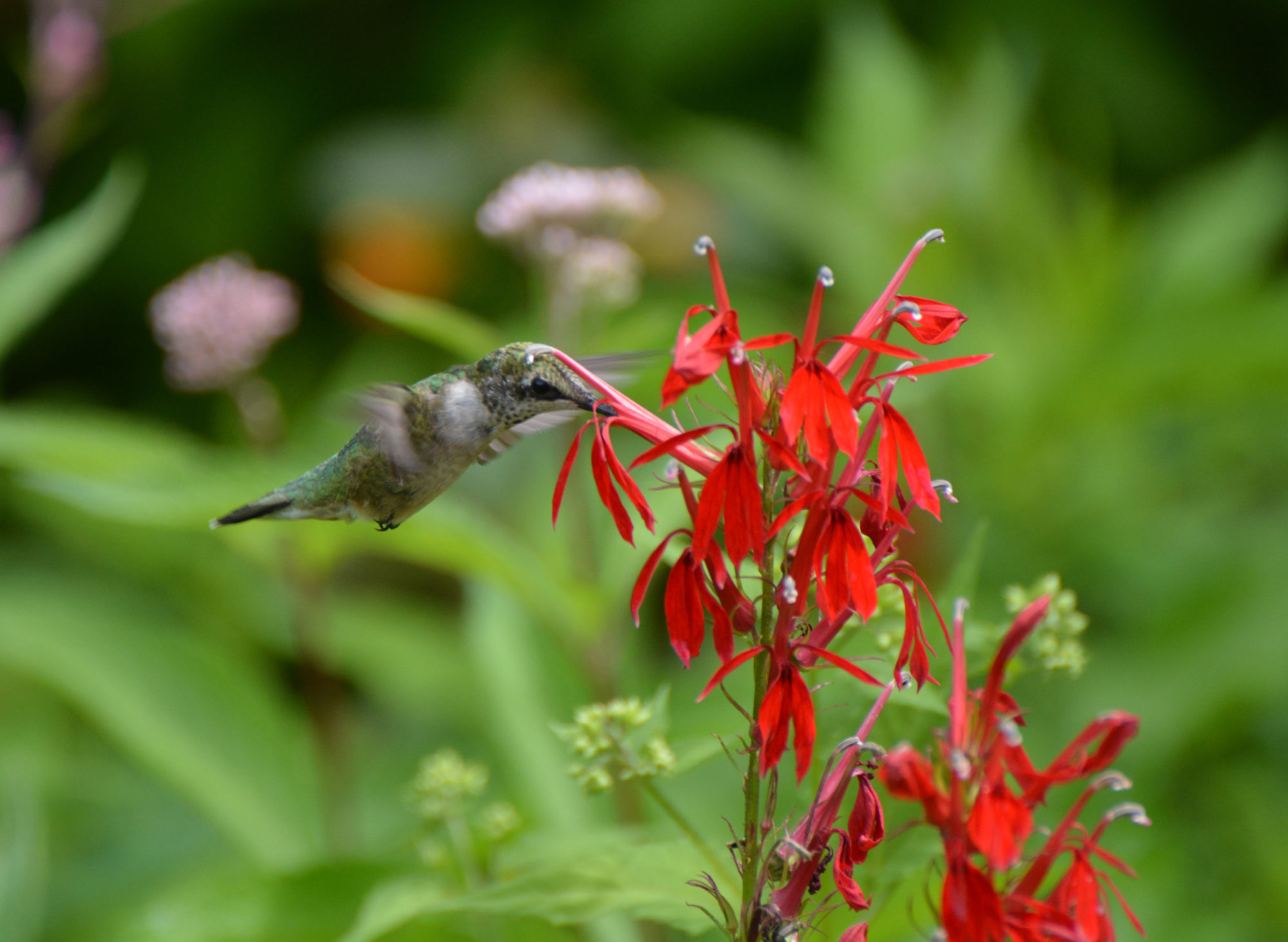Our HGCNY chapter website is now hosted on the national Wild Ones website.
Please visit our new website with all our resources at https://hgcny.wildones.org.
Subscribe to our FREE e-newsletter to get up-to-date information.
Send a subscribe request to info@hgcny.org.
Our meetings are free and open to the public. Come and bring a friend!
LOCATION: Unless otherwise noted, meetings are held at Liverpool Public Library,
310 Tulip Street, Liverpool (Directions)
Programs starting in January 2025
Below are our previous programs, but starting in January 2025, we’ll be posting our programs on the Wild Ones Events calendar for Habitat Gardening in Central New York.
Fall 2024 Programs
September 7, 2024 – Our 20th Anniversary Celebration!

At this all-day event, held at Baltimore Woods Nature Center, we featured two speakers as well as a native plant sale.
The morning speaker was Ken Parker, one of the founders of the WNY Native Plants Collaborative in Buffalo and owner of Native Plant Guy Consulting.
The afternoon speaker was Carolyn Summers, landscape designer, author of Designing Gardens with Flora of the American East, and co-director of Flying Trillium Gardens and Preserve Inc. in the Catskills.
Image: Beth Mitchell
Sunday October 27, 2024 Program: Supporting Pollinators with Lacey Smith, Northeast Regional Partner Biologist, Pollinator Partnership
Here is the recording of the presentation

Learn how to directly and indirectly support pollinators in woodlands and in our home landscapes. Ms. Smith will discuss native trees/shrubs that support our native moths and butterflies via larval host plants (leaves for caterpillars) and on trees/shrubs that provide pollen and nectar during their bloom period. Handouts will provide a list of common New York native trees and shrubs with site requirements to assist with plant selection.
[Image shows a spicebush swallowtail laying eggs on a spicebush in a home landscape.]
November 24, 2024 Program: Meet the Growers!
*** NOTE: This is ZOOM-ONLY meeting! Program at 1:30 pm
Click here to join in on Zoom.
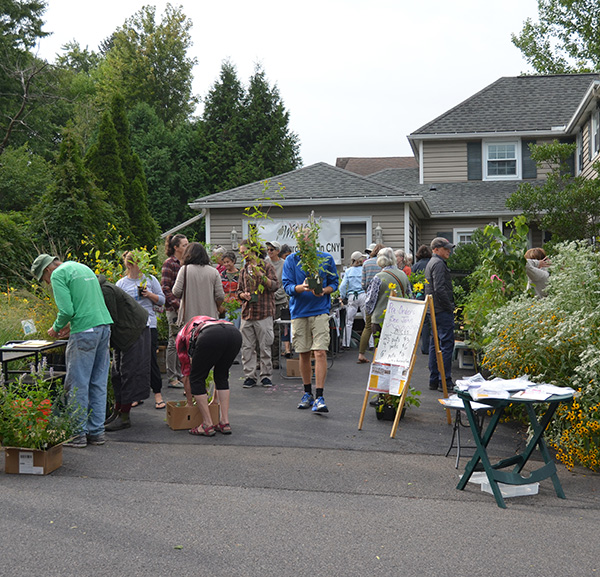
Through the years, not only have we benefited from native plants grown at our nurseries but we’ve gotten to know the “people behind the plants.”
Recently, we’ve been thrilled to have quite a few new native plant nurseries in CNY. We’ve enjoyed buying and planting their plants, but many of us haven’t had a chance to get to the new people behind the plants. Our November zoom meeting will give us this opportunity!
December 2024: No meeting. Happy holidays!
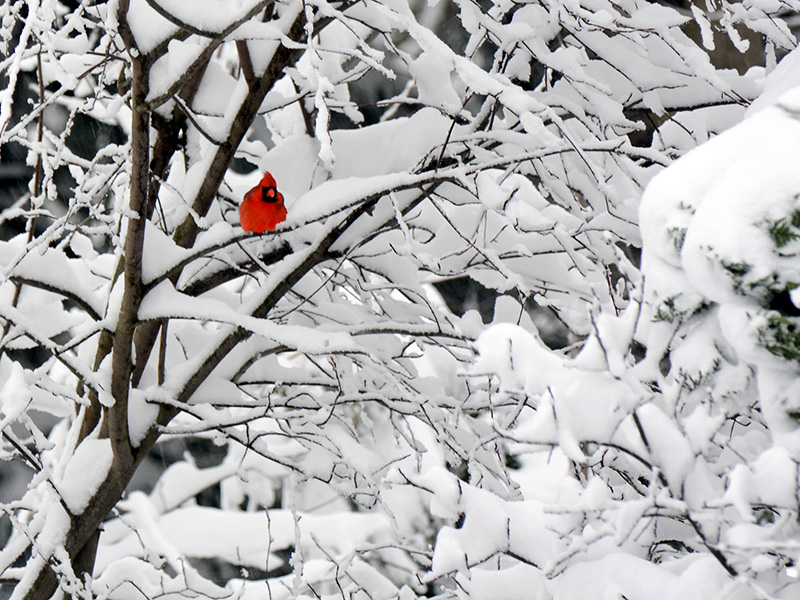
Winter-Spring 2024 Programs
January 2024 Program: Native Plant Species and Natural Plant Communities for Difficult Sites with Don Leopold, Distinguished Teaching Professor, SUNY-ESF
Here’s the recording of this presentation
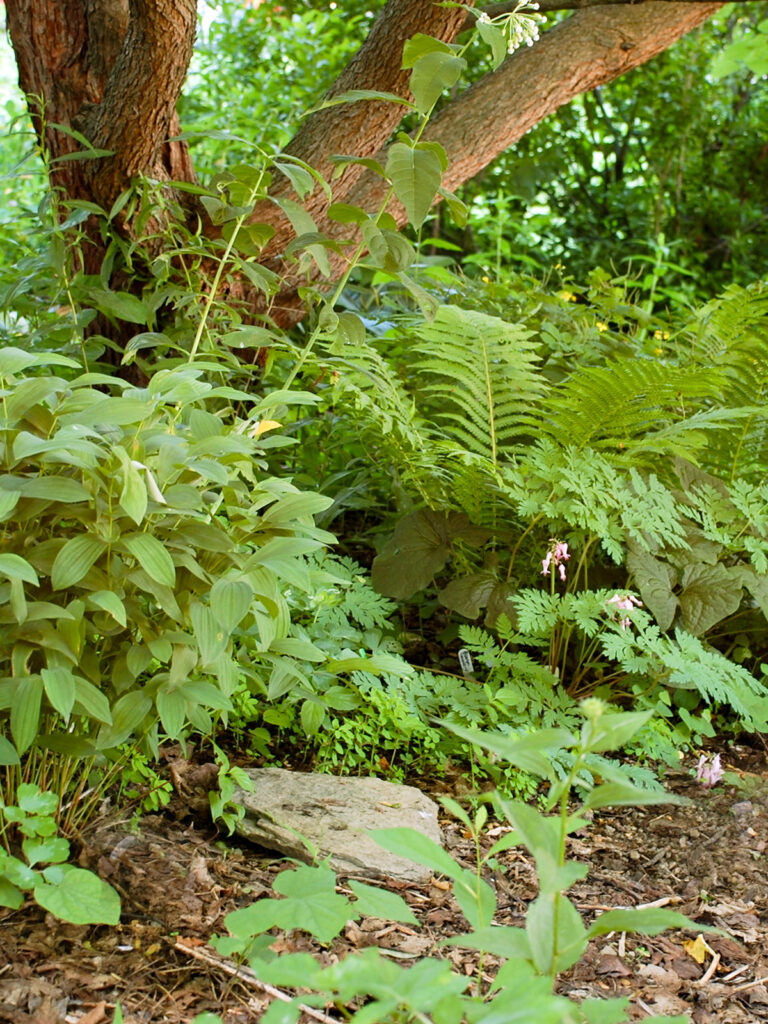
Dr. Leopold will discuss the ecology of natural native plant communities in the Northeast that include species found on remarkably difficult sites, e.g., highly alkaline, saline, acidic, droughty, and flooded.
Native plants found in these communities will be highlighted, including their ecological role and how they can be used in the home garden as well as larger scale projects.
February 2024 Meeting: Onondaga Land, Plants, People with Jeanne Shenandoah and Catherine Landis
Here is the recording of the presentation
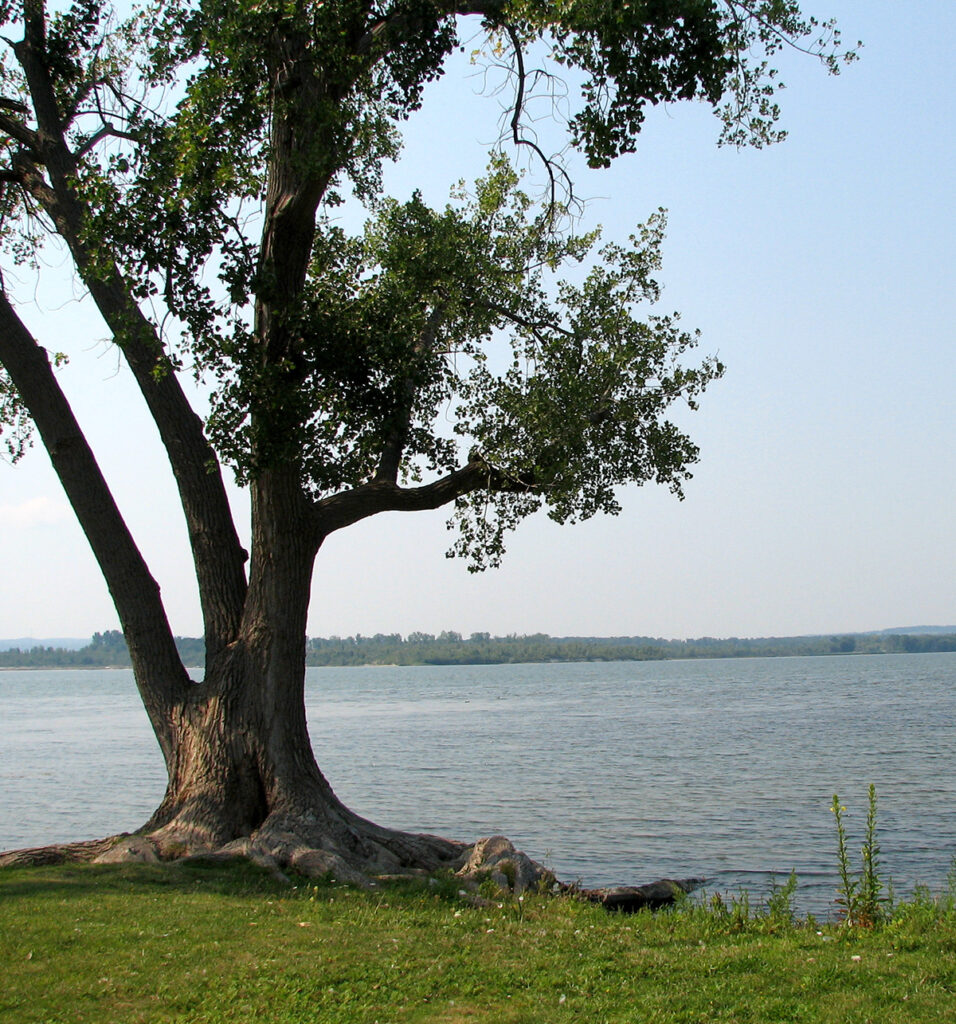
Jeanne Shenandoah from the Onondaga Nation and Catherine Landis from SUNY-ESF will discuss plants in Onondaga Nation territory. Jeanne will speak from her years of experience as a plant knowledge holder, midwife, and environmental leader for her community. Catherine will share stories from her work on the historical ecology of the area, focused on plants and plant communities. The relationship of people to land and plants will be featured throughout the program.
March 2024 Meeting: Planting for Pollinators: Beyond the Familiar Faces with Molly Jacobson, SUNY-ESF
Molly Jacobson is a Native Pollinator Ecologist at the Restoration Science Center at SUNY-ESF
Here’s the recording of the presentation
Molly Jacobson’s handout: Pollinator resources and plant suggestions for specialist bees
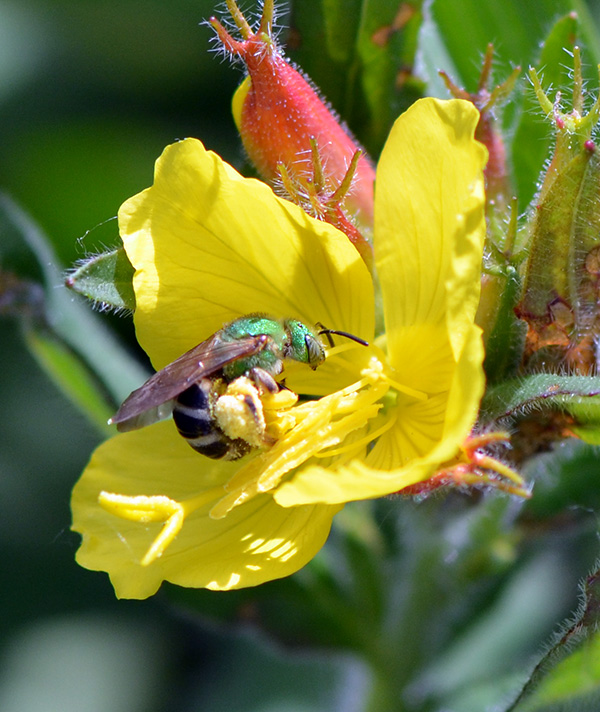
Central New York has hundreds of species of native pollinators, many of which have specialized relationships with native plants, unique habitats, and even each other.
Join SUNY ESF pollinator ecologist Molly Jacobson to learn about their fascinating ecology and how to rebuild these intricate webs of interactions in our own yards, by making habitat that supports not just the familiar generalists but the weird and wonderful – and sometimes vulnerable – specialists too.
April 2024 Meeting: Invasive Plants in the Garden with Matt Gallo of Finger Lakes PRISM
Matt Gallo is a Terrestrial Invasive Species Coordinator at the Finger Lakes Institute – Finger Lakes PRISM; Hobert and William Smith Colleges
Here is the recording of the presentation: https://youtu.be/-3U9Zgokq0g
Here are Matt’s links for more information:
- Website: https://fingerlakesinvasives.org/
- Management Guide: https://fingerlakesinvasives.org/wp-content/uploads/2020/02/PRISM-PlanningGuideInvasivePlants2-18-20.pdf
- Identification Guide: https://fingerlakesinvasives.org/wp-content/uploads/2022/06/20222004-flprism-factsheets-shrunk.pdf
- Volunteering with PRISM: https://fingerlakesinvasives.org/invasive-survey/
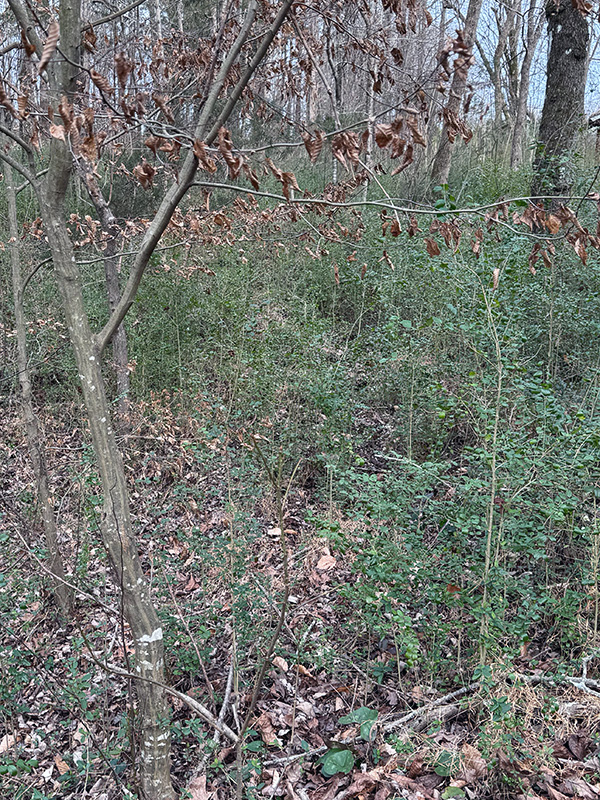
Invasive species are one of the largest drivers of ecological change on planet Earth today and cost the United States $120 billion annually, and their impacts are expected to only increase in the coming decades. Horticulture can play a crucial role in helping prevent and control the spread of invasive species — not only to help the environment — but to save yourself time, energy, and money.
Come learn about invasive species that might be popping up in your garden and how you can be a part of the solution to this growing problem.
Note: The photo shows privets invading a forest.
Fall 2023 Programs
October 2023 Program: How to grow native plants from seeds
with Krissy Boys
Here’s the recording of the presentation: https://youtu.be/ioTIddDiKeA
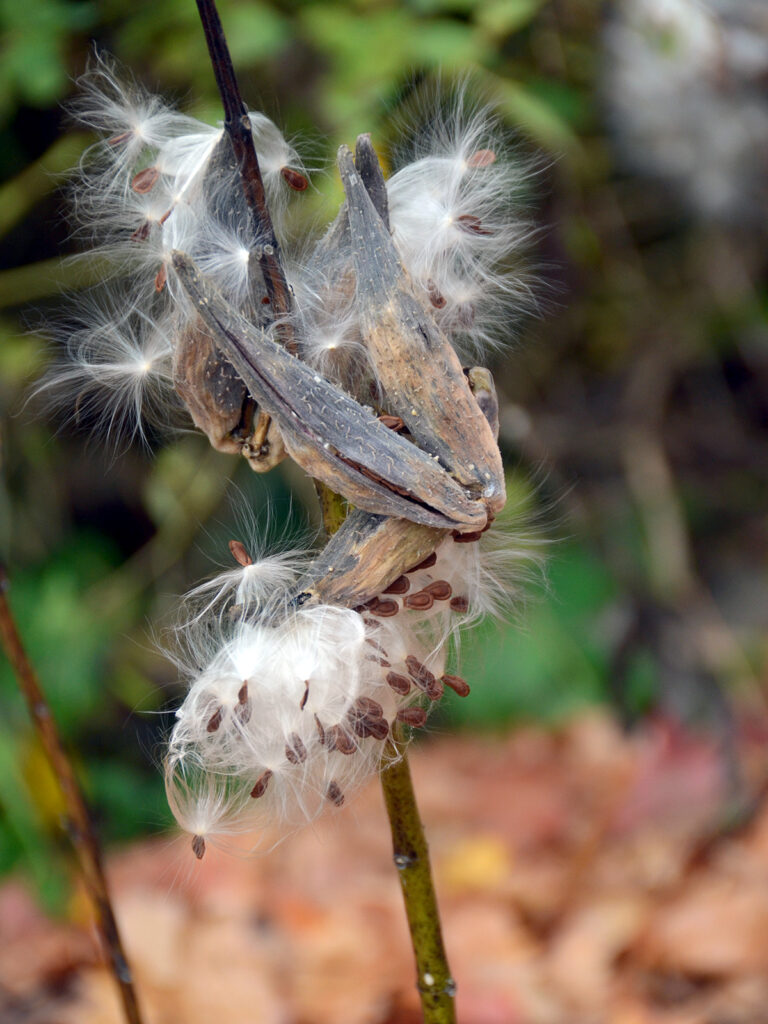
We’re pleased to have Krissy Boys for a talk on how to grow native plants from seeds. She has been a gardener at Cornell Botanic Garden from 1998 to present, and is also a Steering Committee Member of the Finger Lakes Native Plant Society .
Topics for her talk will include collecting seeds, seed treatments, propagation, and gardening with native plants. Discover native plant combinations for your garden or natural area in sun, shade, wet or dry sites.
Krissy provided this additional information :
Creating a Pollinator Garden for Native Specialist Bees of New York and the Northeast
by Krissy Boys and others – EXCELLENT comprehensive booklet in full color!!
[NOTE: Not all plants listed are native to NY]
November 2023 Program (Zoom only): Garden transformations and Q&A
Here’s the recording of the presentation: https://youtu.be/U8K7HmJb4jM
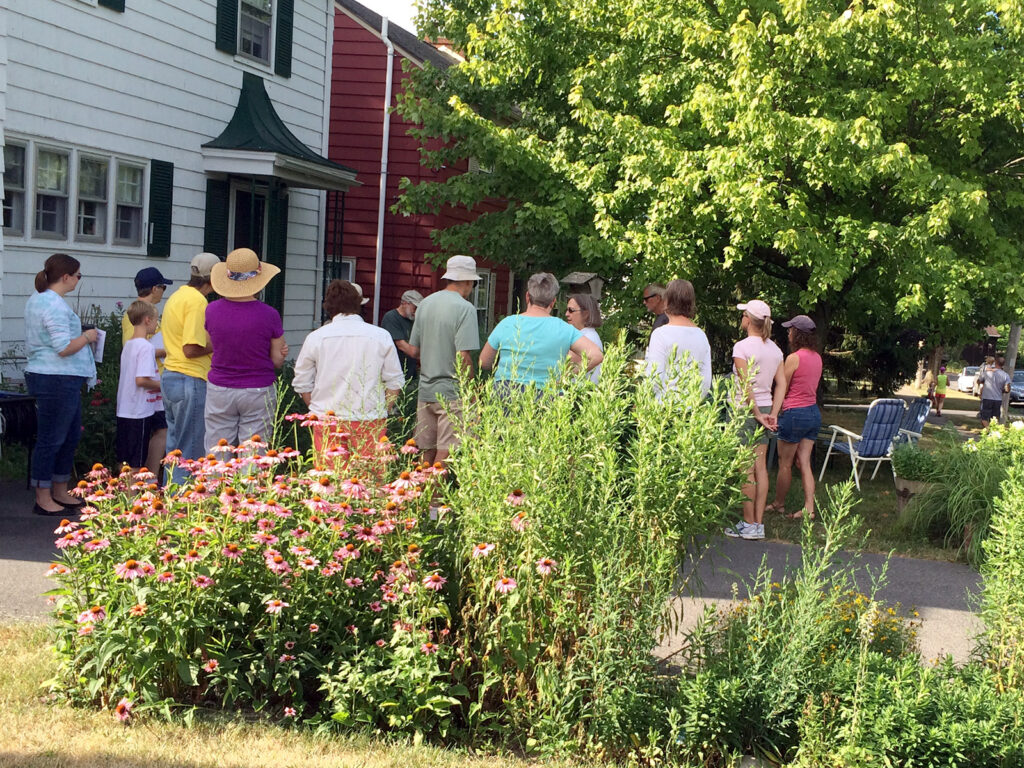
Dave Mitchell and Jennifer Staples will share the tales of their native plantings.
Then we’ll open it up for an informal chat and Q&A. Let’s learn from each other’s mistakes and successes.
From Dave: Planning vs. reality in an urban setting. Follow the transformation of our small yard from grass and non-native landscaping into a (mostly) native plant environment, and see how the plants taught us what they like (and don’t like)! How care-free is a native garden? Which choices have been low-maintenance? Can it look interesting at all times of year?
From Jennifer: Going Native: A journey of keeping everyone happy. How can you plan and execute a native plant garden while keeping your neighbors and the code enforcement officer happy? I will give you my experiences and how I seem to have landed in a place that is good for all the people and all the wildlife. There are strategies to making a native yard that wildlife enjoys and that can teach some important lessons to your neighbors.
December 2023 – No meeting. Happy holidays!

SUMMER 2023
Our Habitat Garden tours
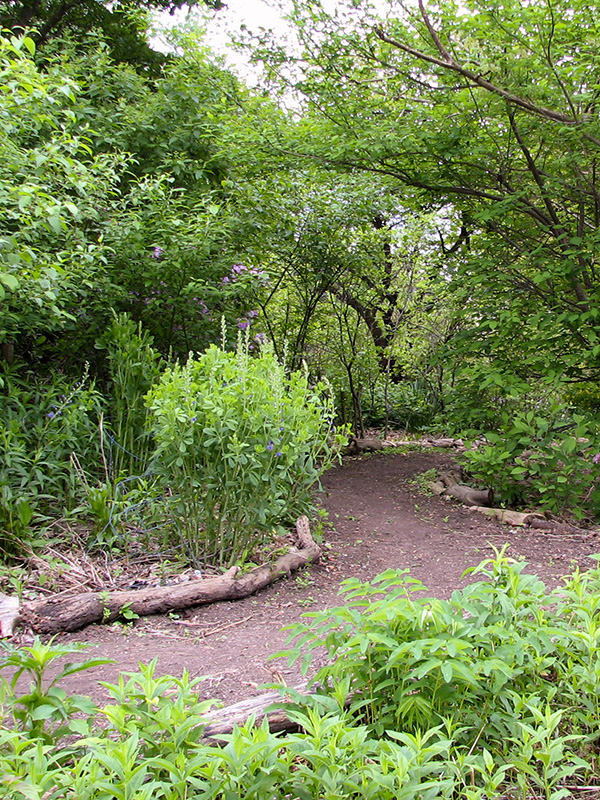
There will be tours of Our Habitat Garden in Westvale throughout the summer and early fall.
Email to arrange a tour.
NY State Fair tabling and talks
Sun., Sept. 3 from 11 am – 2 pm
The Master Gardeners have invited us to table with them. Stop by and chat with us! We’ll be giving two presentations in this time slot, too.
Show Me Help Me tour
Wed. August 16 at 6 pm
Where: Liverpool
Our yard and garden are situated in the suburbs. It consists of 3 soil types: clay, very dry and wet soils. It is a sunny and semi-shade yard. The trees and shrubs are as old as the house, 70+ years (recently, a large silver maple tree fell.) We have been smothering grass for the past 5 years, on both sides of our 222” long and 60” wide property. The foot of the property goes against a very small, wooded area (a dead zone that can not be used by owners.) We have both native and non-native plants and trees. We currently planted understory trees, Redbud, Dogwood and Ninebark and planted 10 blackberry bushes in the front yard, to take advantage of the sunshine. We want to achieve privacy, a natural looking landscape, and less maintenance.
We have herbs, Elderberries, milkweed, marshmallow, buttonbush, and blue flag (in wet areas) a mixture of asters, phlox, Black Eye Susan, coneflower, violets and cup plants … and many more varieties, as the seeds spread themselves around. The best part of our garden are the birds…we attract 51 species! In the future we hope to establish a small pond. We look forward to new ideas and advice.
Here are our past programs. You can see that we’ve provided quite an education over the years! Our HGCNY YouTube channel has recordings of some of our past programs.
Our meetings
Most of our meetings and events are free and open to the public, but to support our education and advocacy mission, please join Wild Ones and become a member. When you’re a member of Wild Ones, you’re a member of HGCNY!
Get the latest updates and habitat tips by subscribing to our FREE e-newsletter!
Our 2022-2023 Program Year
August 2022 Program:
Tues. Aug. 2 at 6:00 pm
Creation of a Meadow by Sam Quinn
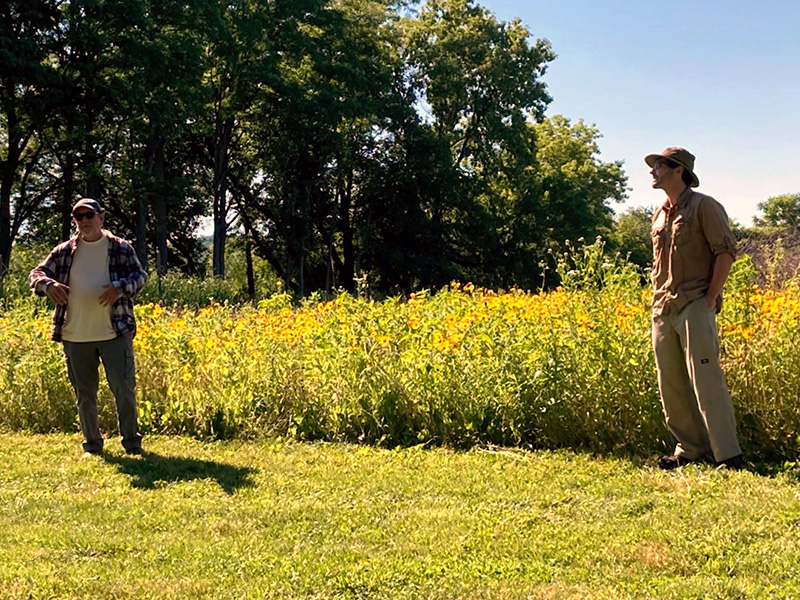
This program highlights the progress being made in creating a meadow, which was started last year. Sam Quinn of SUNY-ESF’s Restoration Science Center will be our presenter.
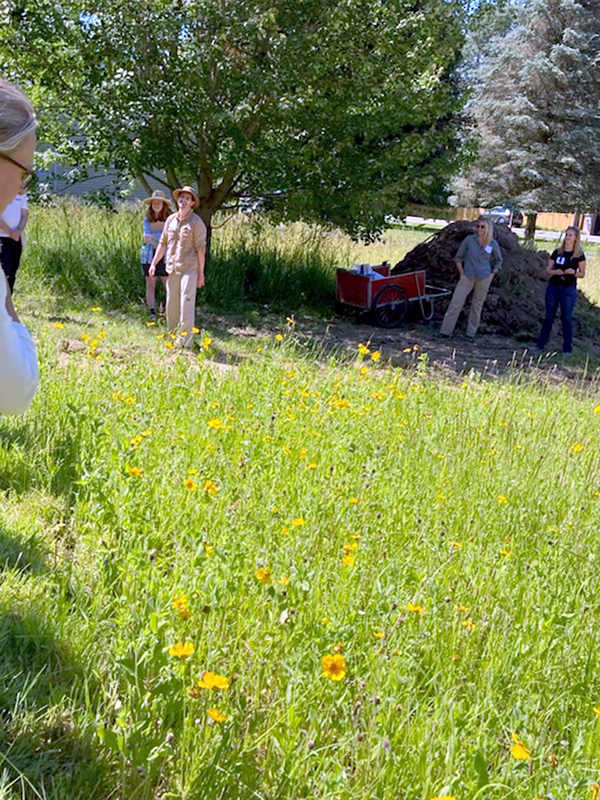
We will visit various meadows-in-progress at the Doce Lume Farm/Go Native! perennials property on East Lake Road in Skaneateles. Sam Quinn from the SUNY ESF Restoration Science Center will show us how the natural patterns and processes have influenced their current condition and the techniques that were used to achieve them. Learn how you can change your lawn to a meadow!
September 2022 Program:
A tour of the Baltimore Woods Forest Project
This tour will be led by David DuBois, Baltimore Woods Land Manager.
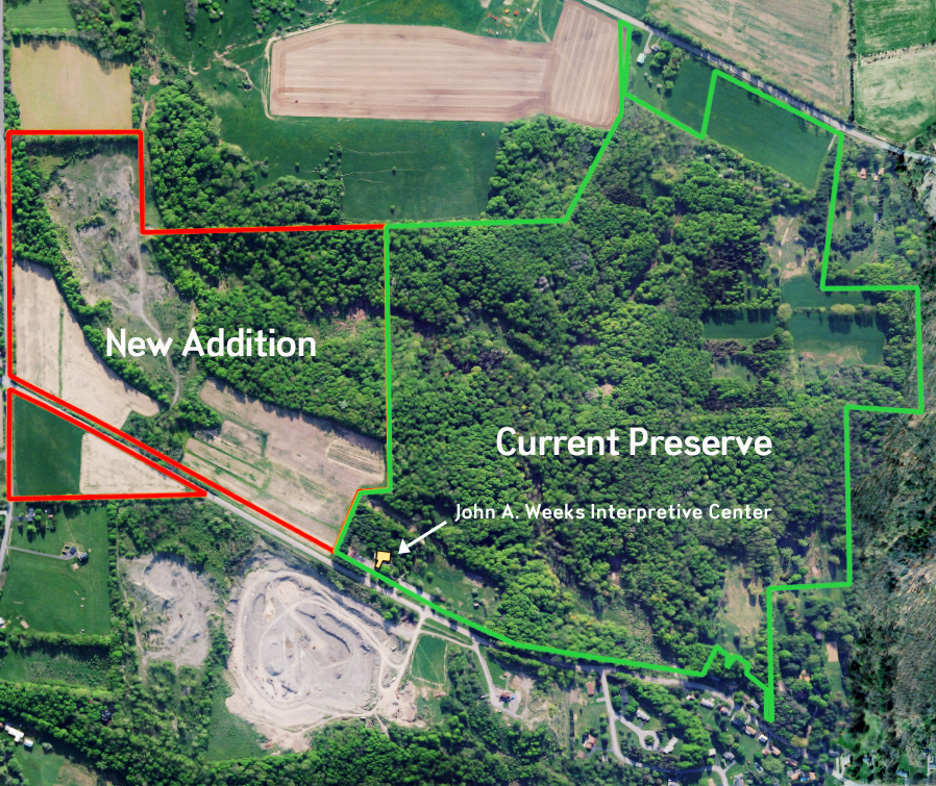
HGCNY is contributing to this Forest Project.
October 2022 program:
Sun. Oct. 30 at 1:30 pm at Liverpool Public Library
Jumping Worms by Dr. Tim McCay
Recording of the presentation
We are pleased to have Dr. Tim McCay of Colgate University who will summarize the biology of jumping worms, recent work on these species, and a look at the direction of current research.
Jumping worms include a group of three invasive earthworm species that can change the soil and organic (leaf litter) layer of gardens, lawns, and forests. In recent years jumping worms have continued their spread within the Northeast and upper Midwest, now into Canada. Most disturbingly, jumping worms have demonstrated an ability to invade intact forests of the Adirondacks and New England. Although researchers have advanced our knowledge of their distribution and negative effects in recent years, methods for control of jumping worms are still in the early stages of development.
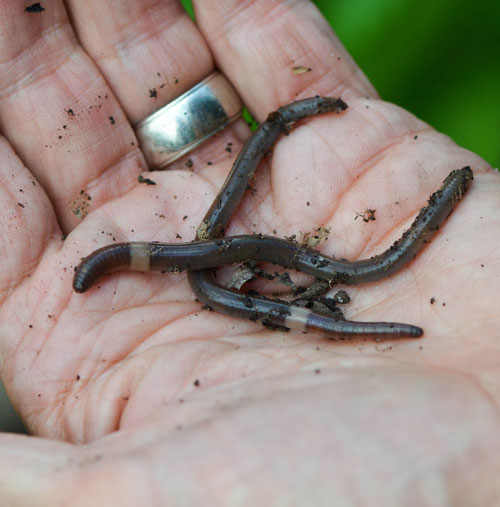
November 2022 program:
Sun., Dec. 4 at 1:30 pm at Liverpool Public Library
The Plight of Insects by Jim D’Angelo, Director of Sterling Nature Center
It has been five years since warnings of an insect apocalypse or armageddon filled the headlines. What have we learned since this wake-up call was issued? Has the science born out the media blitz of doom and gloom or was it just media hyperbole?
We will take an updated look into the issue and explore what has been learned, do we know the cause, and how you can help the insect world survive the apocalypse.
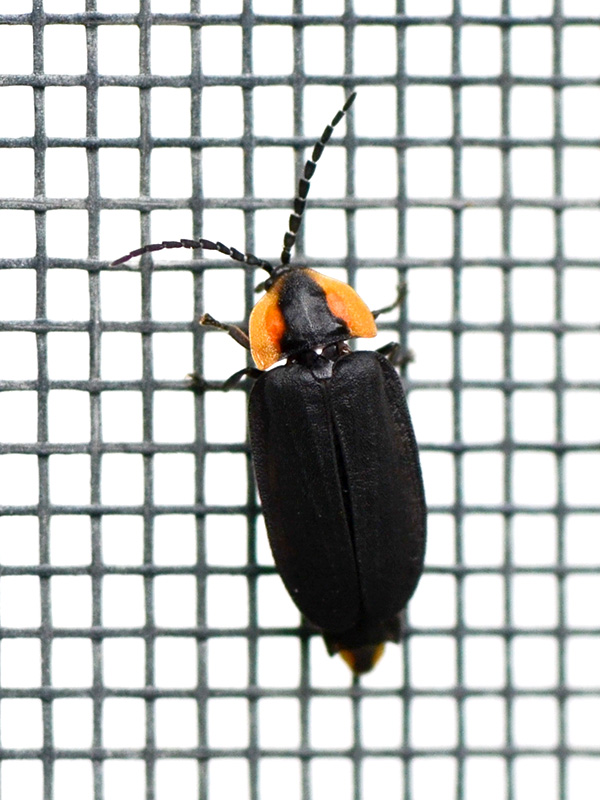
Here is the recording of the presentation.
December 2022: No meeting – Happy holidays!

January 2023 hybrid meeting:
Sun., Jan. 29 at 1:30 pm at Liverpool Public Library
Planting the Right Plants in the Right Places
by Ellen Folts of Amanda’s Native Garden
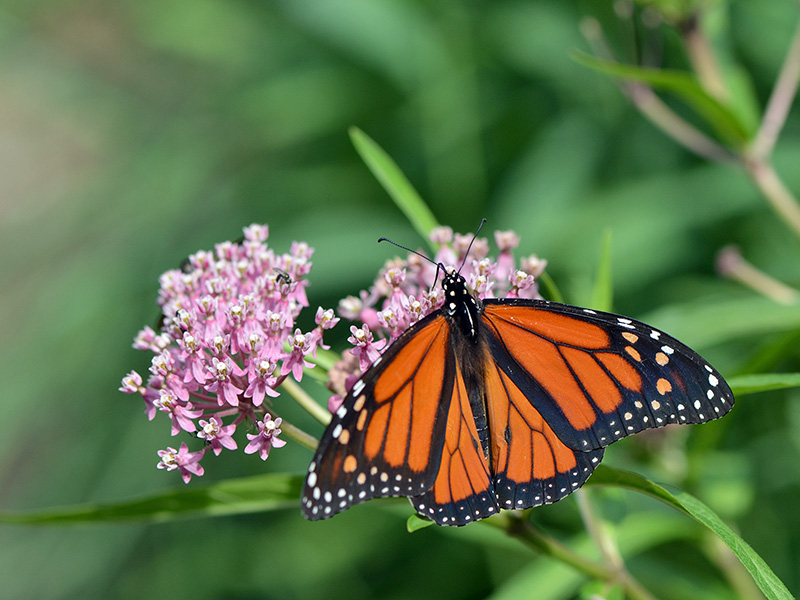
Ellen will speak about native perennials and their many benefits to gardeners as well as to the natural world around us.
We will explore these benefits and discuss ways to plant native perennial gardens easily and effectively. We can create habitat and beauty simultaneously.
Here is the recording of the presentation.
Ellen provided a resource list for the plants she mentioned. Note that there is a coupon code that expires May 31, 2023.
February 2023 hybrid meeting:
Sun., Feb. 26 at 1:30 pm at Liverpool Public Library
Spring Wildflowers by Joe McMullen
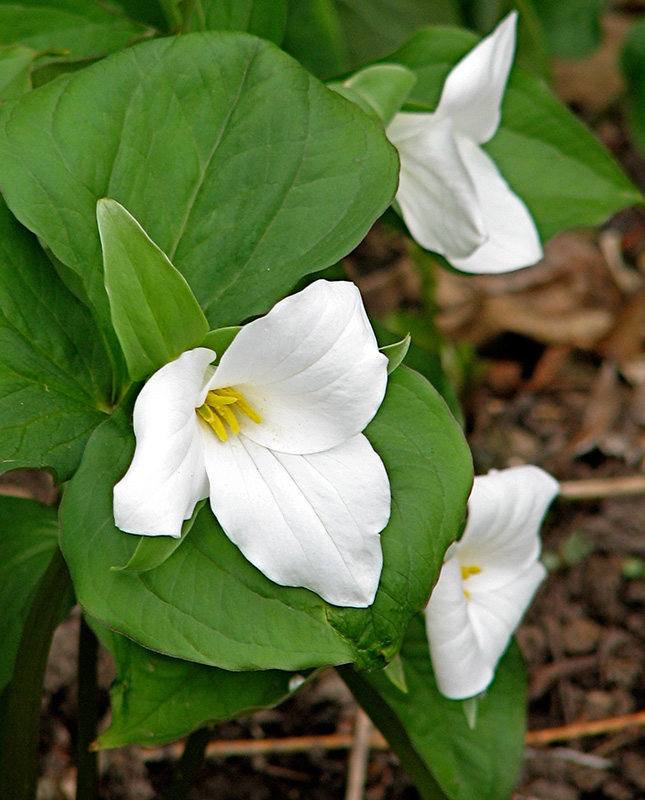
Many HGCNYers have attended Joe’s talks and hikes in the past, and we’re delighted to have Joe return to share his knowledge, this time about spring wildflowers that can be seen in CNY! Each spring there is a beautiful display of wildflowers in forests and other habitats in our area. Join us to learn what these spring flowering plants are, their identifying characteristics, and habitat requirements. Think Spring!
Joe McMullen is a retired environmental consultant/botanist and is on the New York Flora Association Board of Directors.
Here’s the recording of this presentation
March 2023 hybrid Zoom/In-person meeting:
Sun., Mar. 26 at 1:30 pm at Liverpool Public Library
Using Local Native Plants: Keep it Simple, Keep it Real
by Dan Segal of The Plantsmen
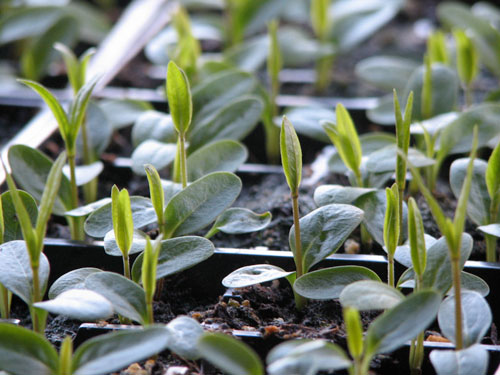
Dan Segal, owner of The Plantsmen Nursery near Ithaca, NY, will cover fundamental definitions, characteristics and roles of native plants, some industry-based challenges facing native plants, and why and how we should grow native plants from seed.
Here is the recording of the presentation on our YouTube channel.
April 2023 hybrid Zoom/In-person meeting:
Sun., Apr. 23 at 1:30 pm at Liverpool Public Library
Renaturalizing our Landscapes: Why and How
by Janice Wiles of GoNative! Perennials
IMPORTANT: This meeting is on April 23, not our usual “last Sunday of the month” date!
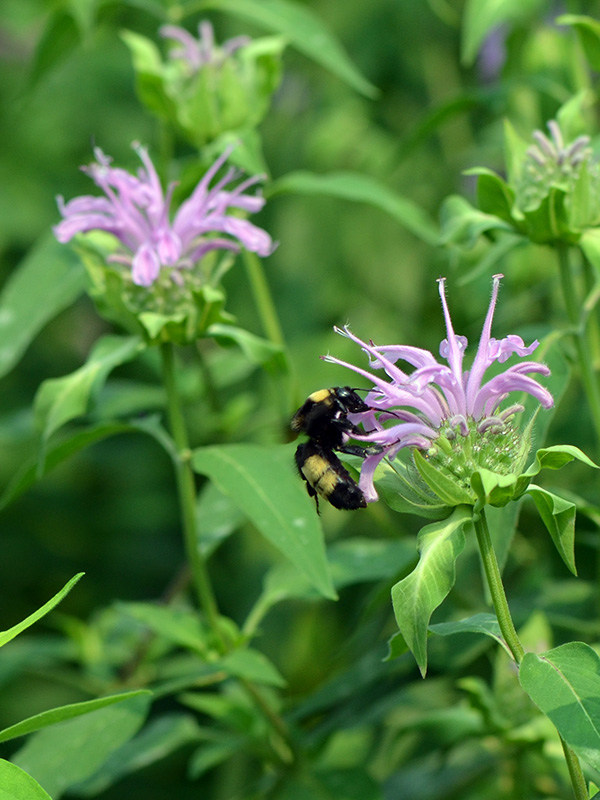
“We only have until the end of the decade to bend the curve on nature and biodiversity loss. Transformational change is possible if we start now at every level from local to global.” (UNEP Facts about the Nature Crisis).
Janice Wiles, owner of Go Native! Perennials in Skaneateles, NY, will share why restoring landscapes with native vegetation is a fundamental contribution we all must make to support bending the curve on biodiversity loss, and strategies to make that happen on your property.
